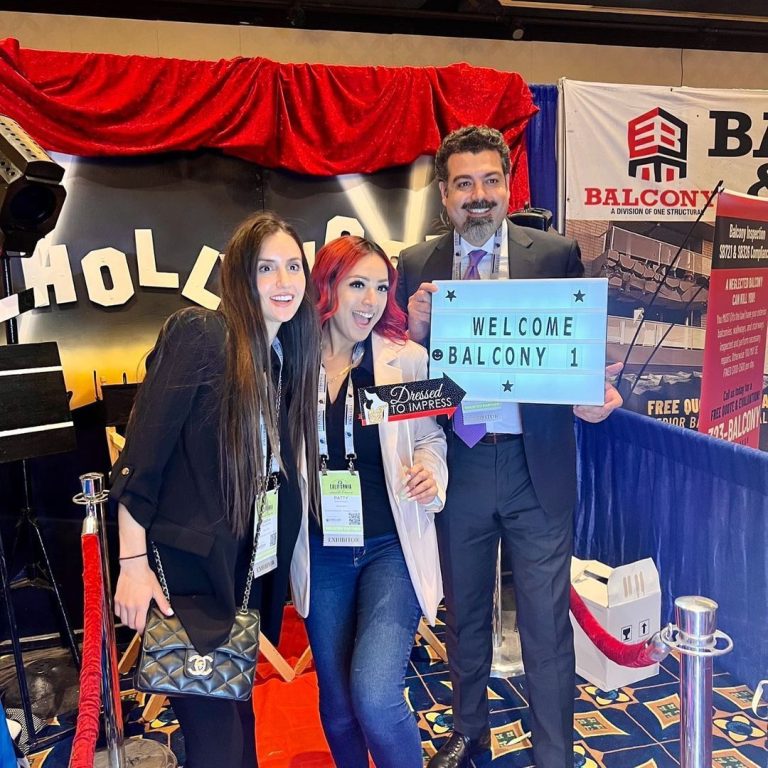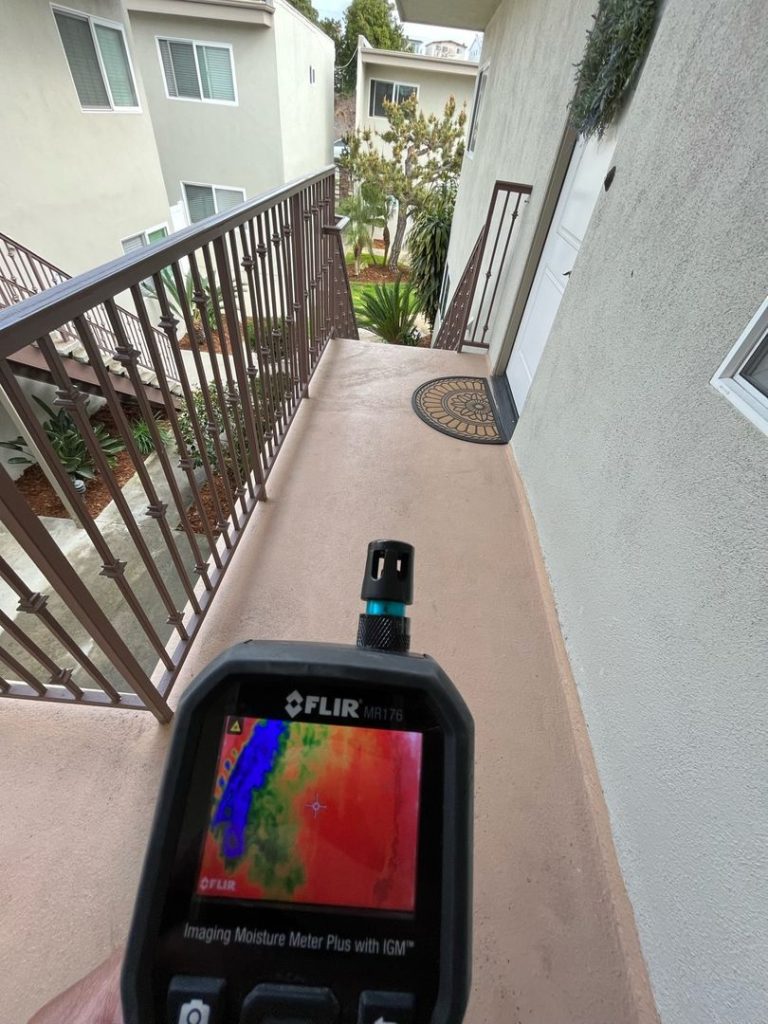Ensuring the safety and structural integrity of balconies is crucial for property owners in California. With recent changes in legislation, it’s essential to understand the requirements of balcony inspection laws and how they affect your property. In this article, we’ll discuss the significance of balcony inspections, the major differences between Senate Bills 721 and 326, and important factors you should consider when complying with these regulations. By choosing a reliable California balcony inspection company like Balcony1, you can ensure that your property meets all legal requirements while providing a safe environment for residents.
When Buildings Should Be Inspected?
Regular balcony inspections are crucial to identify any potential safety hazards or structural issues before they become problematic. In general, buildings should be inspected at least once every six years under the new California balcony inspection law. However, it’s essential to inspect your building more frequently if there are any visible signs of damage or deterioration. Early detection can help prevent costly repairs and ensure the safety of residents.
SB721 & SB326 – Main Differences
While both SB721 and SB326 aim to improve balcony safety in California, there are some key differences between the two bills. SB721 applies to buildings containing three or more multifamily dwelling units and requires inspections of exterior elevated elements such as balconies, decks, stairways, and walkways. On the other hand, SB326 focuses on condominiums and requires inspections of load-bearing components in addition to exterior elevated elements.
Another significant difference is the enforcement mechanism. SB721 allows local jurisdictions to enforce compliance, whereas SB326 grants enforcement authority to homeowners’ associations (HOAs). This means that property owners must work closely with their HOAs to ensure compliance with SB326’s inspection requirements.
Important Things About Balcony Inspection Laws in California
Rigorous Inspection
Under California balcony inspection laws, property owners must ensure a thorough and comprehensive assessment of all exterior elevated elements. This involves checking for signs of decay, damage, or corrosion that could compromise the structural integrity of the components. A rigorous inspection helps identify potential issues early so that appropriate repairs can be made before they become hazardous.
Collapsed Balconies
The primary motivation behind enacting stricter balcony inspection laws in California is to prevent incidents of balcony collapses. Such accidents can result in severe injuries or even fatalities. Compliance with these laws ensures that balconies are structurally sound, minimizing the risk of collapses and providing a safe environment for residents.
Proper Construction
In addition to regular inspections, it’s essential to ensure that balconies are built according to code and industry standards. Proper construction techniques and materials should be used to minimize the risk of structural issues or failures in the future. Hiring experienced professionals like Balcony1 can help ensure that your building’s balconies are designed and constructed safely and effectively.
Hire Professional Inspectors
It’s crucial to hire professional inspectors who are well-versed in California balcony inspection laws and have extensive experience conducting such assessments. Experienced inspectors will be able to identify potential issues quickly and accurately, providing you with valuable information to address any concerns promptly. Balcony1’s team of experts can help you navigate the inspection process and ensure compliance with all relevant regulations.
Balcony Maintenance
Regular maintenance is essential for prolonging the lifespan of your building’s balconies and ensuring their continued safety. This includes tasks such as cleaning, painting, and repairing damaged components as needed. By keeping your balconies well-maintained, you can minimize the risk of structural issues and avoid costly repairs in the future.
Signposting Building
Property owners should also consider posting signage around their buildings to inform residents of the importance of balcony safety and maintenance. This can help raise awareness about potential hazards and encourage residents to report any issues they may notice.
Conclusion:
In conclusion, understanding and complying with California balcony inspection laws is vital for property owners to ensure the safety and well-being of their residents. Regular inspections, proper construction techniques, professional inspectors, and routine maintenance are all key factors in adhering to these regulations. By choosing a reliable California balcony inspection company like Balcony1, you can have peace of mind knowing that your property meets all legal requirements while providing a secure environment for your residents. With over 20 years of construction and design experience in multifamily properties, Balcony1 is your trusted partner for all your balcony inspection needs in Los Angeles. Contact us today at (323) 225-2669 or visit our website at https://balcony1.com/contact for more information.


